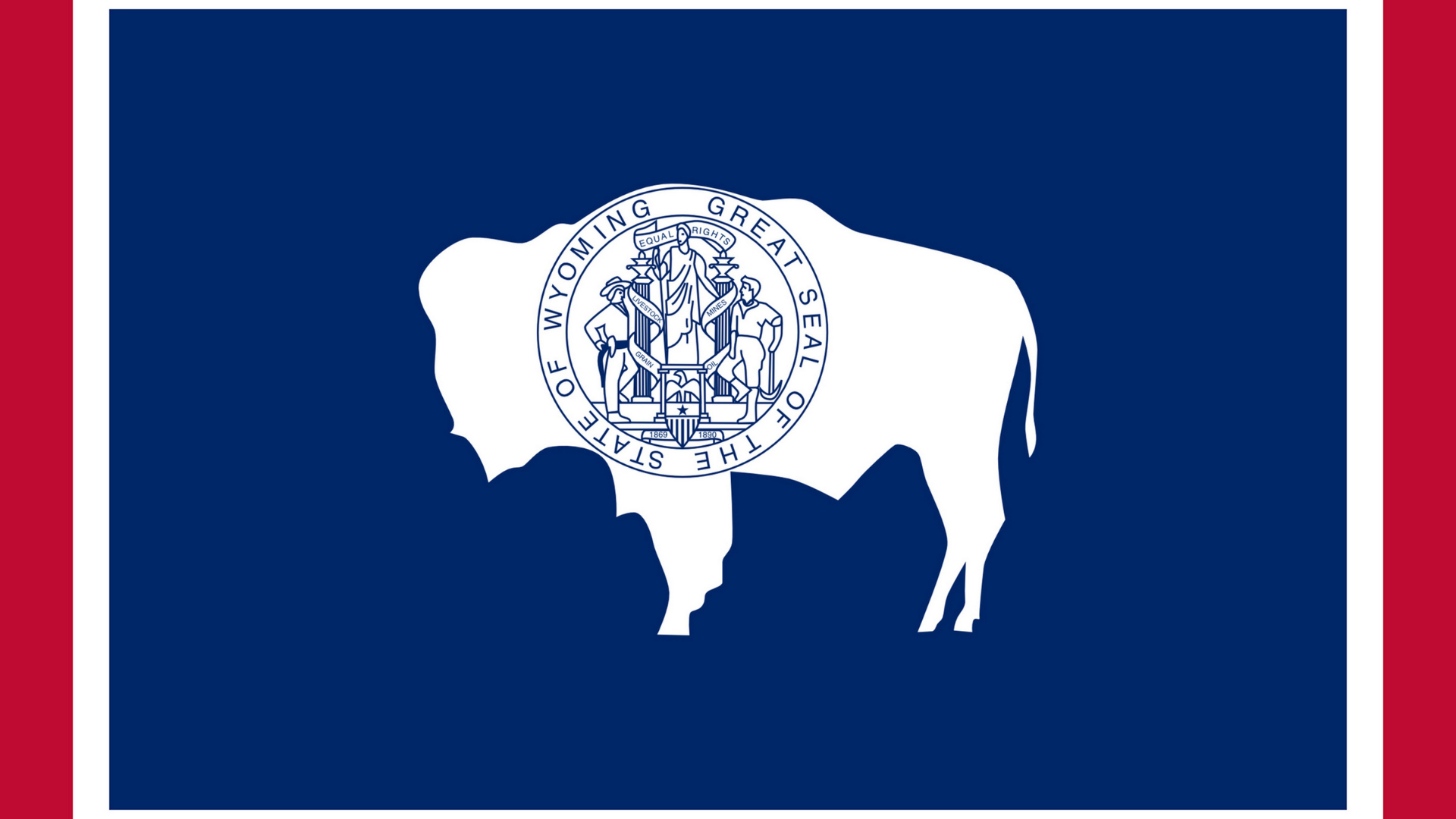Wyoming
Explore the advantages of the US State of Wyoming as a jurisdiction for Decentralized Autonomous Organizations (DAOs).

Updated 27th August 2023*
This post is part of our research on DAO-friendly global jurisdictions.
Wyoming's Groundbreaking INO LLCs
https://sos.wyo.gov/Forms/WyoBiz/DAO_Supplement.pdf
Overview of Jurisdiction
The Wyoming Decentralized Autonomous Organization Supplement is a comprehensive piece of legislation that governs the establishment, operation, and dissolution of Decentralized Autonomous Organizations (DAOs) in the state of Wyoming in the United States.
A Decentralized Autonomous Organization, or DAO, is an entity that is run by rules, encoded as computer programs called smart contracts. A DAO's financial transactions and program rules are maintained on a blockchain, making it transparent and immune to centralized control.
Key features of the supplement include:
Formation and Status of DAOs: The legislation provides for the formation of DAOs as a type of limited liability company (LLC), thus giving it legal recognition. An existing LLC can also convert to a DAO by amending its articles of organization. The name of a DAO must include an indication of its status as a DAO (i.e., "DAO", "LAO", or "DAO LLC.").
Management and Voting Rights: The management of a DAO is vested in its members and, if applicable, any smart contracts. Voting rights and the calculation of membership interests are detailed, with options depending on whether members have contributed digital assets to the organization.
Smart Contracts and Blockchain: DAOs are required to provide a publicly available identifier of any smart contract used to manage, facilitate, or operate the organization. The articles of organization and smart contracts govern relations among members, activities of the DAO, and various other aspects.
Amendment and Dissolution: The supplement lays out conditions and processes for amending the articles of organization and dissolving a DAO.
Exclusion of Foreign DAOs: The secretary of state is barred from issuing a certificate of authority for a foreign decentralized autonomous organization.
It is important to note that the supplement is designed for DAOs operating within Wyoming, a U.S. state that has positioned itself as a leader in blockchain and cryptocurrency regulation. Other states and countries may not recognize DAOs or may have different regulatory structures for them. However, the Wyoming DAO law may serve as a template or inspiration for other jurisdictions considering similar legal structures.
Legal Frameworks:
In the context of the Wyoming Decentralized Autonomous Organization Supplement, establishing a Decentralized Autonomous Organization (DAO) is treated much like forming a Limited Liability Company (LLC). This legal framework is notably innovative as it recognizes a DAO as an LLC under Wyoming law, which is significant as it provides the DAO with a distinct legal identity separate from its members, akin to traditional corporations.
The detailed legal frameworks and protections for establishing a DAO in Wyoming according to this law are:
- Establishment: Any person may form a DAO, which should have at least one member. The person forming the DAO need not be a member of the organization. The organization must maintain a registered agent in the state of Wyoming.
- Legal Status and Name: A DAO is a limited liability company whose articles of organization contain a statement that the company is a DAO. The registered name for a DAO should include wording or abbreviation to denote its status as a DAO, specifically "DAO", "LAO", or "DAO LLC."
- Management: The management of the DAO should be vested in its members or the members and any applicable smart contracts. All smart contracts utilized by a DAO should be capable of being updated, modified, or otherwise upgraded.
- Standards of Conduct: Unless otherwise provided for in the articles of organization or operating agreement, no member of a DAO shall have any fiduciary duty to the organization or any member except that the members shall be subject to the implied contractual covenant of good faith and fair dealing.
- Voting Rights: Membership interests in a DAO are calculated by dividing a member's contribution of digital assets to the organization by the total amount of digital assets contributed to the organization at the time of a vote. However, if all members have not contributed digital assets to an organization as a prerequisite to becoming a member, each member shall possess one membership interest and be entitled to one vote.
- Dissolution: A DAO may be dissolved upon expiration of its duration, by a vote of the majority of the members, occurrence of events specified in the smart contracts or articles of organization, or if the DAO no longer performs a lawful purpose or is no longer under the control of at least one natural person.
- Legal Protections: As an LLC, a DAO in Wyoming enjoys certain legal protections, including limited liability, meaning that members are not personally liable for the debts and obligations of the organization. This can provide a significant legal shield for members.
- Foreign DAOs: The law does not provide for the issuance of a certificate of authority for a foreign DAO.
Please note that while this law provides a regulatory framework for DAOs in the state of Wyoming, the legal landscape for DAOs is still evolving and can vary significantly across different jurisdictions. Therefore, it's always advisable to consult with a legal expert when establishing a DAO.
Benefits and Challenges:
Benefits:
- Legal Recognition and Protection: The biggest benefit of Wyoming's law is that it provides legal recognition and protection to DAOs, something that's lacking in most other jurisdictions. This could make Wyoming a desirable place for DAOs to establish their legal residence.
- Limited Liability: Like other forms of LLCs, DAOs registered in Wyoming could benefit from limited liability protection. This means that participants' financial responsibility is generally limited to their investment in the DAO, which could encourage more people to participate.
- Regulatory Clarity: Wyoming's laws could provide a clearer regulatory framework for DAOs, which can make it easier to operate and attract investment. This could also encourage innovation and development in the blockchain space.
Challenges:
- Legal Complexity: Despite the benefits, establishing a DAO under Wyoming's law could still be a complex process, requiring expert legal guidance. Understanding and complying with all the legal requirements can be a challenge.
- Jurisdictional Limitations: While Wyoming's law is progressive, it may not be recognized or enforceable in other jurisdictions. This could pose challenges for DAOs operating internationally.
- Regulatory Risk: While Wyoming has provided a legal framework for DAOs, it's still possible that federal laws and regulations could pose challenges. For instance, securities laws could be a concern for DAOs that distribute tokens to participants.
- Governance Issues: DAOs are designed to be democratic and decentralized, but in practice, this can be hard to achieve. There can be issues around voting rights, decision-making processes, and dispute resolution that need to be carefully managed within the legal framework.
Case Studies:
DAO Jones DAO LLC (The Article of Organization was submitted, but there is only one detail that is about smart contracts and they stated that no active smart contract yet).
Daovelop DAO LLC (All details are below)
*Please note that the information in this post is for informational purposes only. It should not be construed as legal, tax, investment or other advice.*
